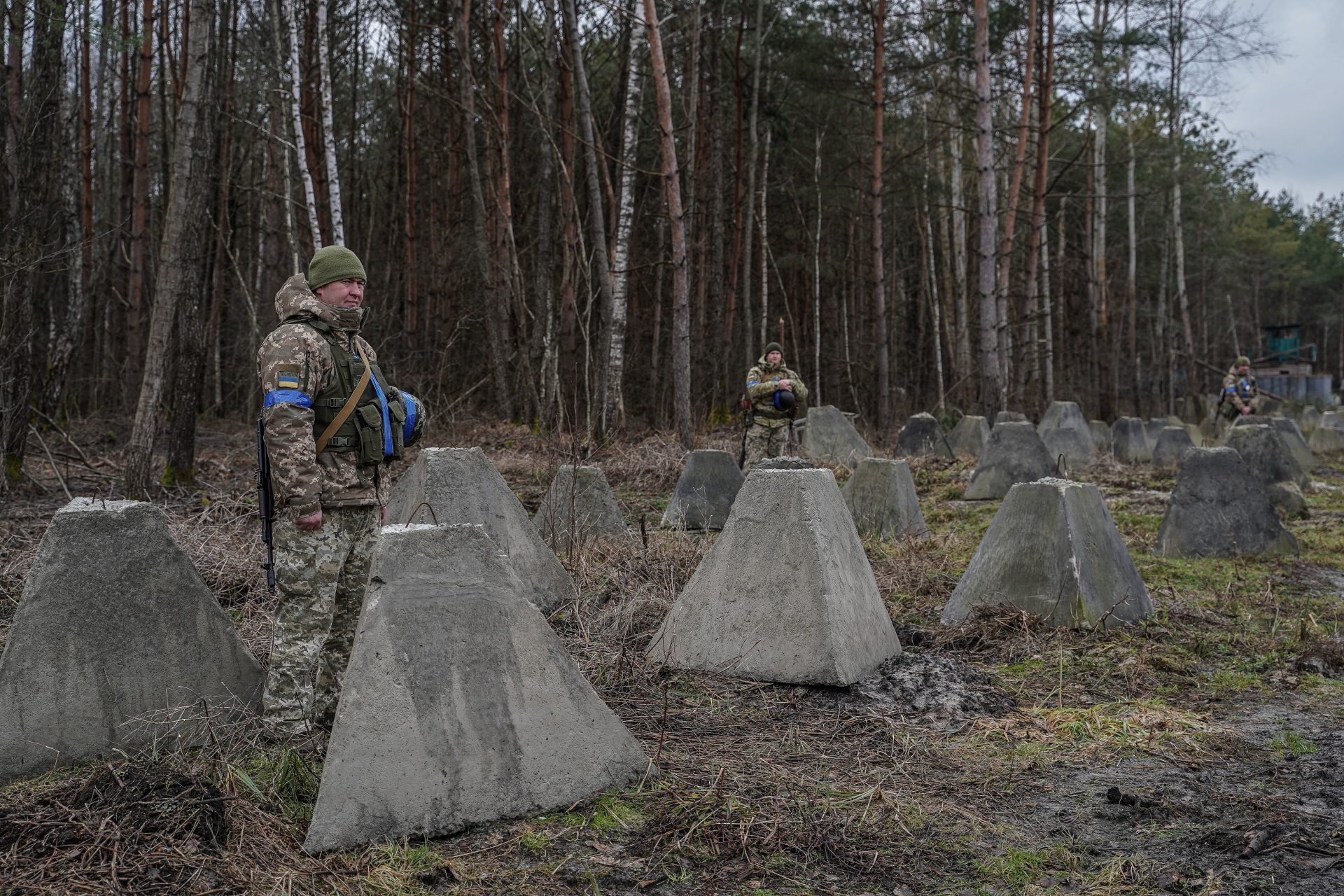Foreign home buyers officially banned from purchasing in Canada
Canadian politicians have banned foreign home buyers from purchasing property in the country after a steep three-year rise in prices has priced most citizens out of their real estate market.
The new law banning foreign home buyers took effect on January 1st and was designed to help cool an out-of-control housing market that now averages roughly $632,802 according to Canadian Housing Market News.
Canada’s housing market started showing signs of unsustainable growth in 2020 with the start of the Covid-19 pandemic.
Average home prices peaked just above $800,000 in February 2022 before a series of interest rate rises by the Bank of Canada dropped the market by 12% year-over-year.
Rising interest rates may have increased mortgage costs and reduced the total price of homes, but they did little to help Canadians with the overall price of a house.
In a recent report from the Canadian Real Estate Association, analysts found that prices in Canada’s housing market were still up 38% from their pre-pandemic levels.
One explanation for the hot housing market in Canada was its lax laws on foreign buyers coupled with the international investment appeal of using Canadian real estate.
In a post on his campaign earlier this year, Prime Minister Justin Trudeau said that the “desirability of Canadian homes is attracting profiteers, wealthy corporations, and foreign investors.”
“This is leading to a real problem of underused and vacant housing, rampant speculation, and skyrocketing prices. Homes are for people, not investors.”
While the Government of Canada doesn’t rigorously track exact statistics regarding foreign buyers, the Canadian Housing Statistics Program has estimated that non-residents own between two and six percent of homes in Canada.
Canada’s new law will ban non-residents and foreign commercial enterprises from purchasing residential real estate in Canada for two years.
“Through this legislation,” wrote Housing Minister Ahmed Hussein in a press release on December 21st, “we’re taking action to ensure that housing is owned by Canadians, for the benefit of everyone who lives in this country.”
But Canada’s ban on foreign buyers has several serious loopholes that could make the law essentially useless as a means to control the housing crisis.
The law won’t apply to foreign workers who have filed taxes in Canada for three out of four years and international students who have spent five years in the country will be allowed to purchase homes with a value of no more than $500,000 according to Lauren McQuillan of the CBC.
“Foreign diplomats, consular, and members of international organizations living in Canada” will also be excluded from the law, as well as “Foreign nationals with temporary resident status, including people fleeing conflict, and refugees,” McQuillan wrote.
Certain residential structures are also being excluded including those of a recreational nature—like cottages, cabins, and vacation homes—which has many analysts questioning the potential effectiveness of the new law.
More for you
Top Stories





























